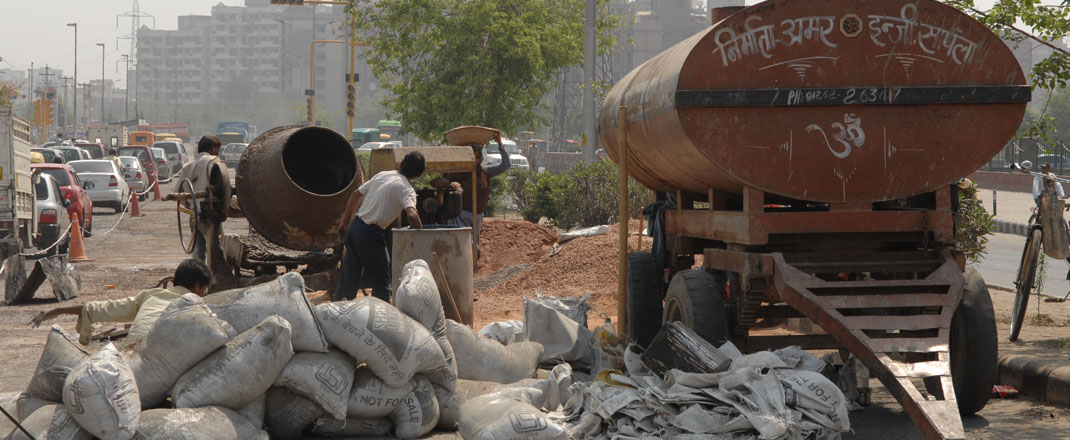Increasing labour costs

Increasing labour costs , Labour woes may dent India’s factory output
According to a study, the increasing labour costs in India will be a hindrance in India’s cost competitiveness that is forecasted to reduce from 44 pc to 30 pc by 2030.
Growing labour costs will dent India’s cost competitiveness in manufacturing vis-à- vis Europe and is estimated to decline from current level of about 44 pc to 30 pc by 2023.
The findings are part of the joint study undertaken by India’s New Delhi based industry called the Associated Chambers of Commerce and Industry of Industry of India (ASSOCHAM) with global firm Roland Berger consultancy.
Roland Berger is a global strategy consulting firm headquartered in Munich, with 50 offices in 36 countries. The company was founded under the name Roland Berger Strategy Consultants in 1967 by Roland Berger.
According to the study titled ‘Indian Auto Industry: The way ahead, “Manufacturing in India is currently 15 pc cheaper than Europe but the cost difference is reducing due to increasing wages and other costs.”
The study highlighted that India has a natural cost advantage in engineering works vis-à- vis Europe, being over 44 pc currently and by 2023, India is expected to still be 30 pc cheaper than Europe.
“There is a need to encourage industry-academia collaborations to understand innovation requirements better, besides funds should be attracted from private sector to support research at academic and research and development (R&D) institutions,” recommended the ASSOCHAM-Roland Berger study.
“Availability of both basic infrastructure facilities and skilled workforce can increase the scope for R&D centers in smaller cities and towns,” it added.
Policy measures
The study also recommended several policy measures for growth of automobile and manufacturing sector in India including doing away with archaic labour laws.
As per the study, there is a need to change the 1971 Contract Labour Law to limit discrepancy between permanent and temporary labour, set clear guidelines on compensation of contract workers and permit downsizing of contract and permanent labour with proper compensation.
The report also suggested that the government must cut red tape, bureaucratic hurdles and convoluted processes that are primary reasons for India’s tough business environment.
Stressing on the urgent need to upgrade basic infrastructure as poor infrastructure and inland logistics services are major impediments for growth, the report asked India to deregulate tariffs in major ports to attract private investment, invest in inland ports, expand inland container depots, install roll on-roll off facilities in all major ports, invest in cranes and handling equipment, develop freight corridors and logistics parks.
It asked the government to encourage foreign direct investments (FDI) by providing benefits for special economic zones (SEZs) and providing tax holidays to overseas investors.









